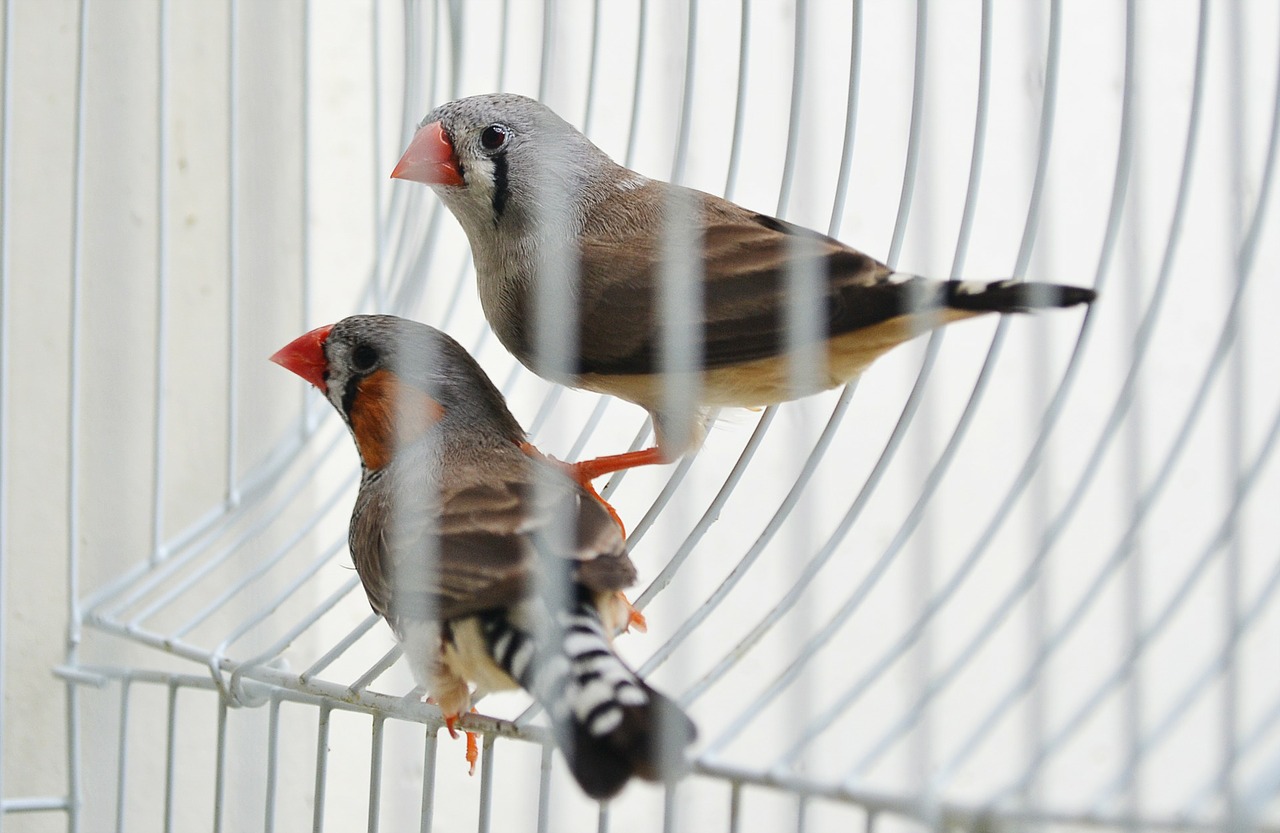Pet owners should be able to recognize the symptoms of common ferret disease in their pets.
It could mean the difference between life and death! Common ferret diseases include pancreatic tumors, adrenal gland disease, lymphosarcoma and even heart disease. Ferrets metabolize very quickly which means that once they get sick they go downhill fast so early detection is critical. You should get your ferret to a vet if you notice any difference in behavior, change in bowel movements or anything other that is not in the norm for your pet. It could be just a simple cold, but it’s better to be safe than sorry!
A common ferret disease is adrenal gland disease. This gland is found near each kidney and producse hormones that keep the body homeostaticly balanced. When it is diseased it will produce too much hormone. It can happen around 3 years of age and the symptoms is hair loss – particularly around the tail belly and back with the skin underneath appearing flaky and red. This can be treated with surgery.
Pancreatic tumors, a ferret disease also called insulinoma disease are also common in ferrets. This disease causes the blood sugar to become very low and your ferret wil appear to be lethargic. In the extreme he may have seizures or go into a coma. It is very important for you to watch your ferret closely every day as the earlier this is diagnosed, the better the chance for successful treatment. To be on the safe side, get him to the vet if he seems to be the least bit lethargic – he may just be having an off day but it’s better to be safe than sorry! Most ferrets develop this around e or 5 years of age. There is medicine that can help the symptoms of this disease (but not stop it’s progression) and surgery can be performed to try to stop the disease but it is unlikely that surgery will cure the disease – typically they can only remove part of the tumor and buy your pet a little bit more time.
Lymphosarcoma is a deadly ferret disease that can be developed at any age. Although this can be treated with chemotherapy, the chances of survival are very slim, especially if the ferret diseased is young. Unfortunately, symptoms may not show up until the disease has spread throughout your ferrets body. Symptoms include lethargy, weight loss and lost interest in food.
Heart Disease is a common disease for older pets. Typically this ferret disease is developed in pets over 4 years of age and is treated much the same as heart disease in cats or dogs. A ferret with heart disease may have trouble breathing after exercise or act lethargic. Sometimes the treatment includes medicine and other times it is just a reduction in exercise that can help. Depending on the type of disease and it’s progression, ferrets can live quite a long time after diagnosis.











